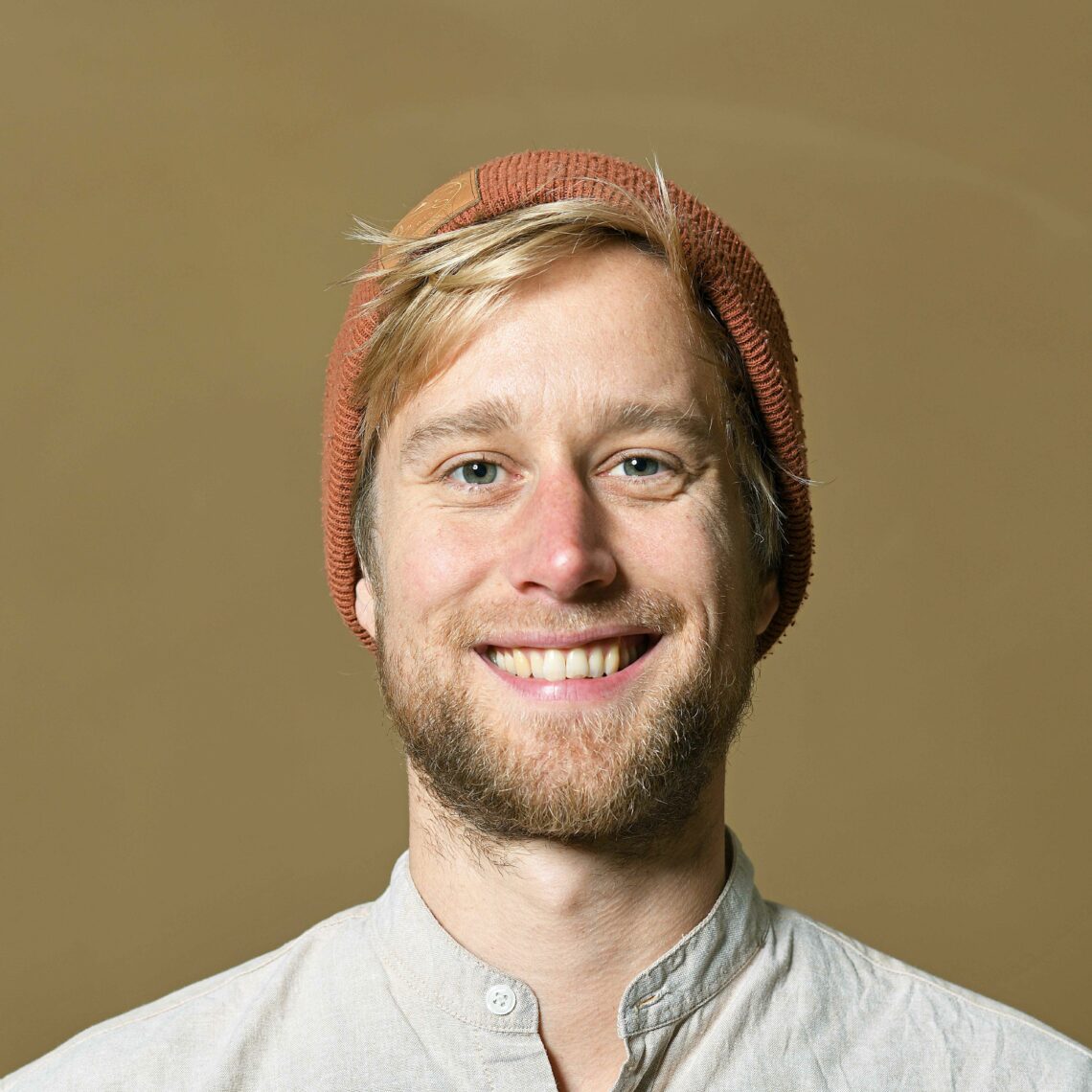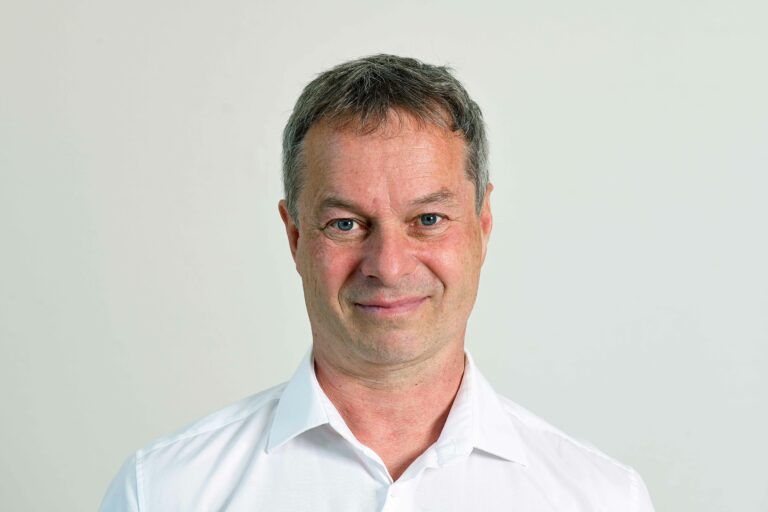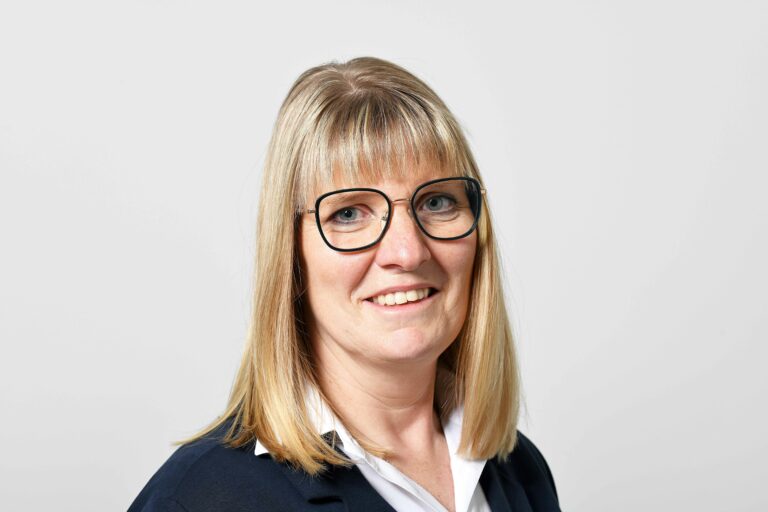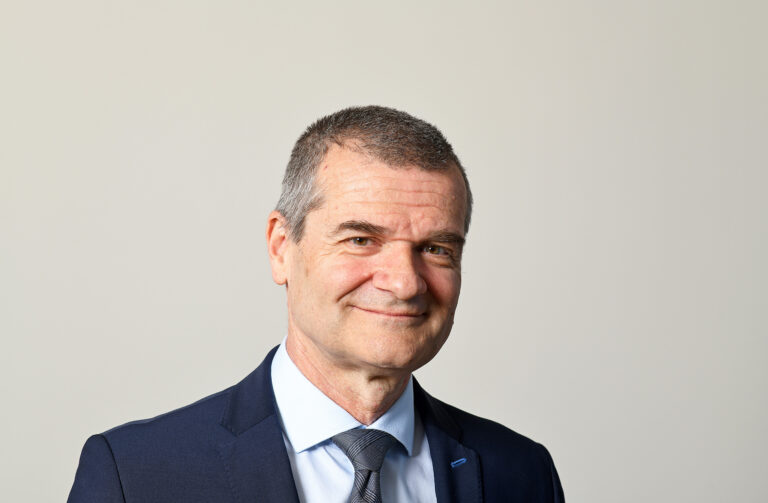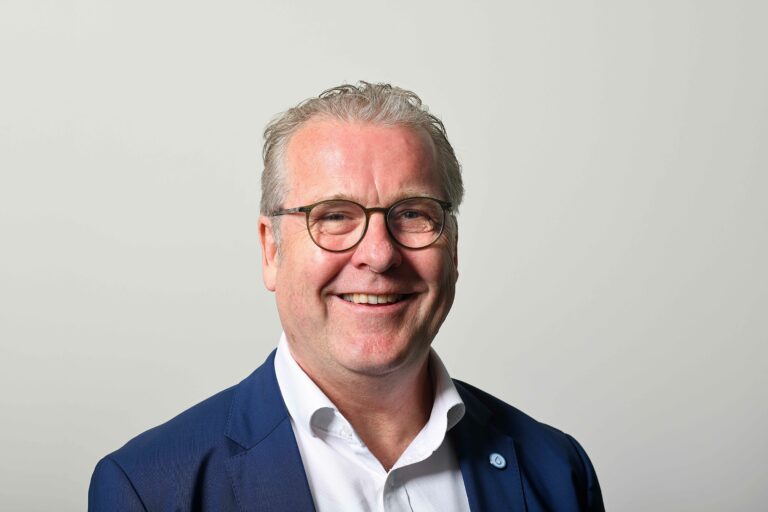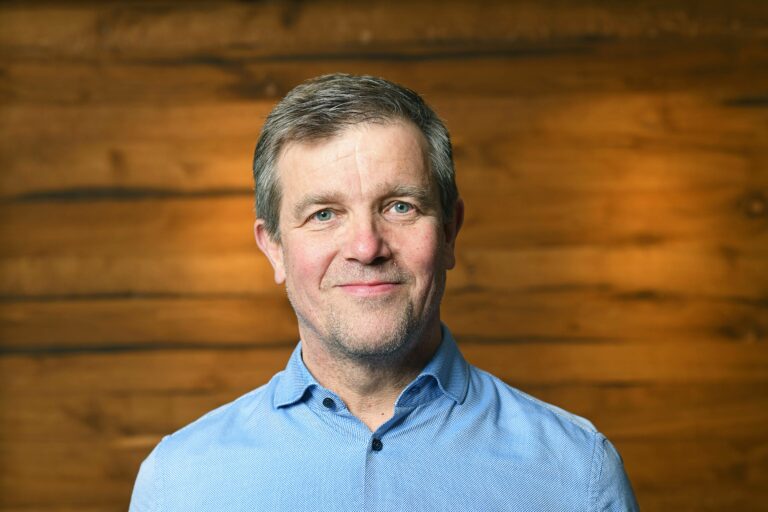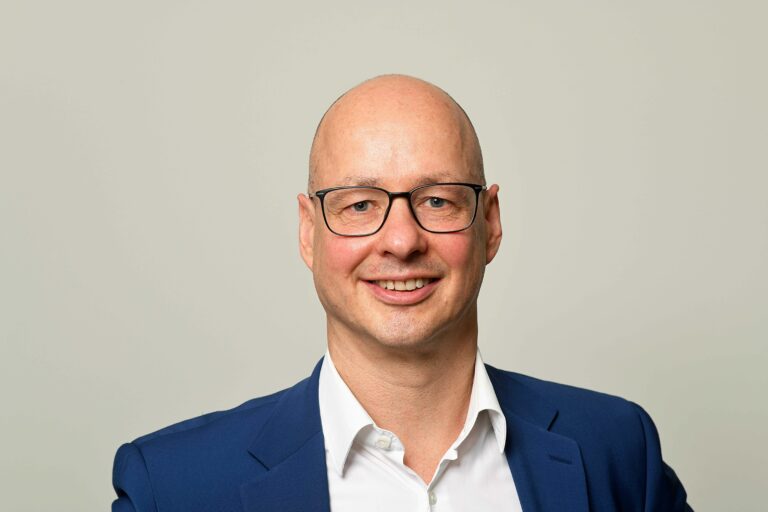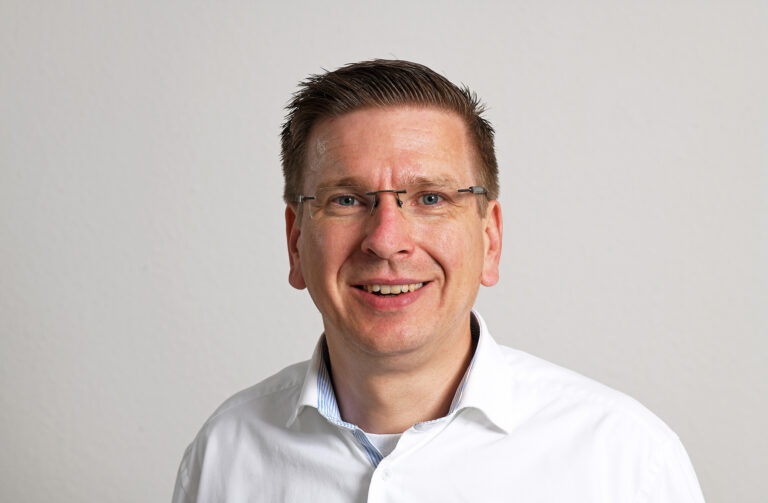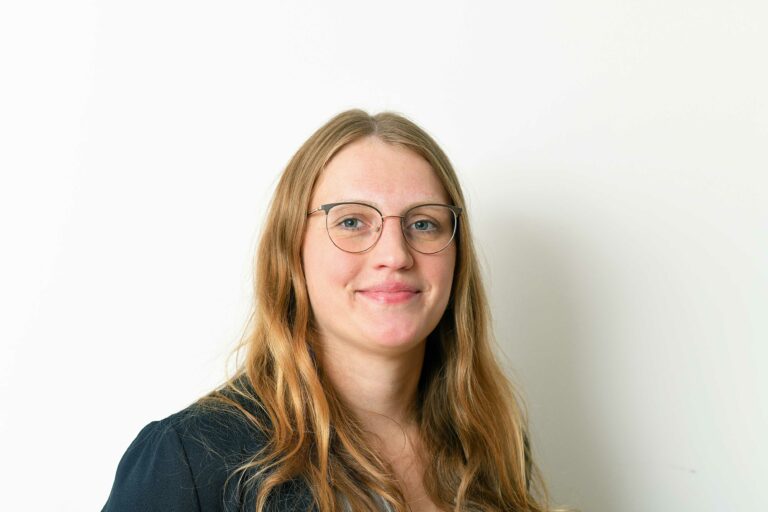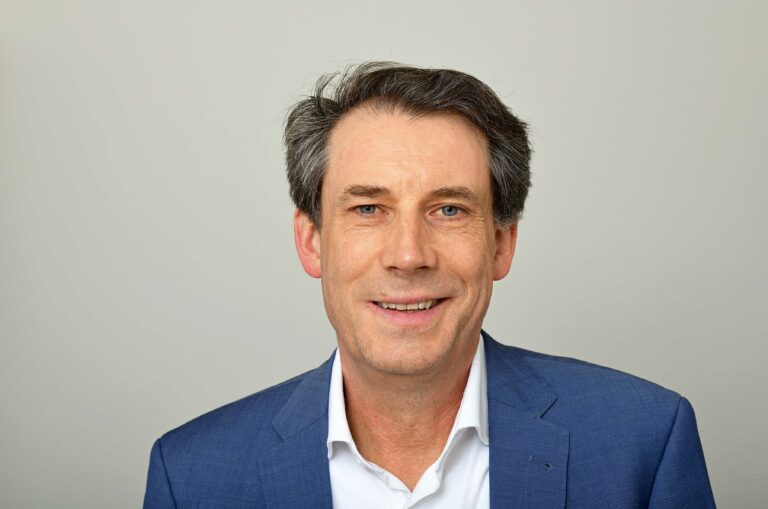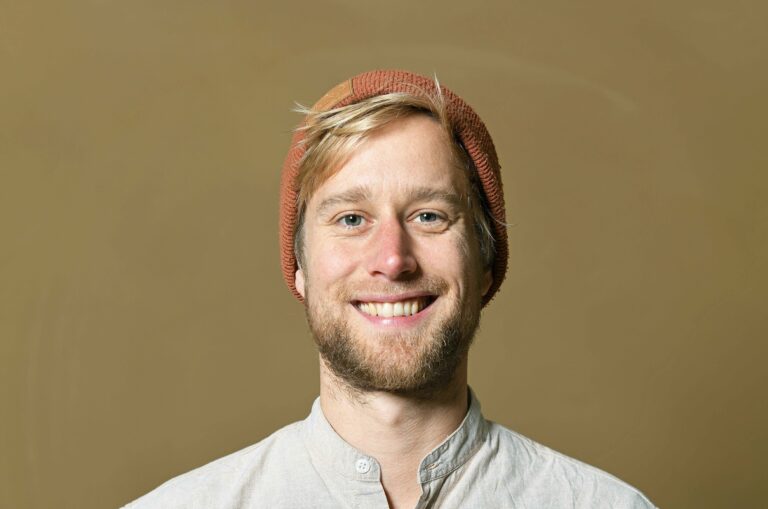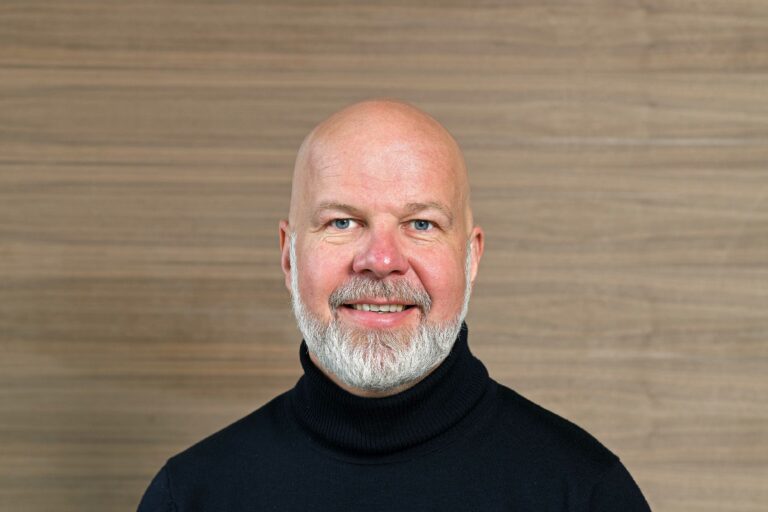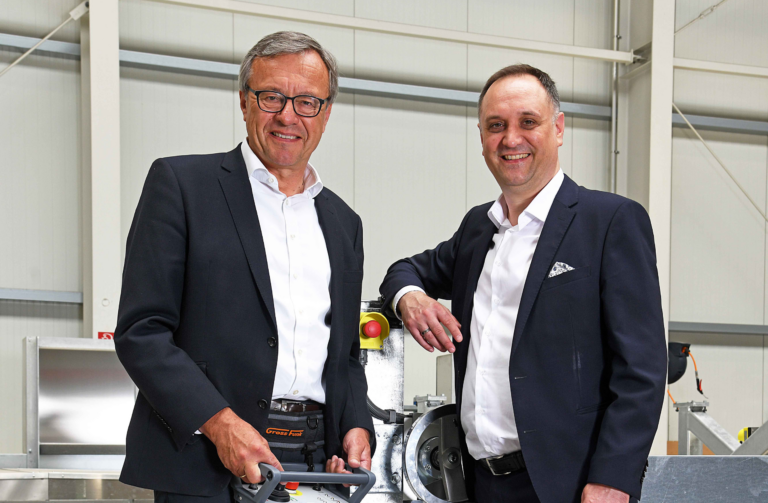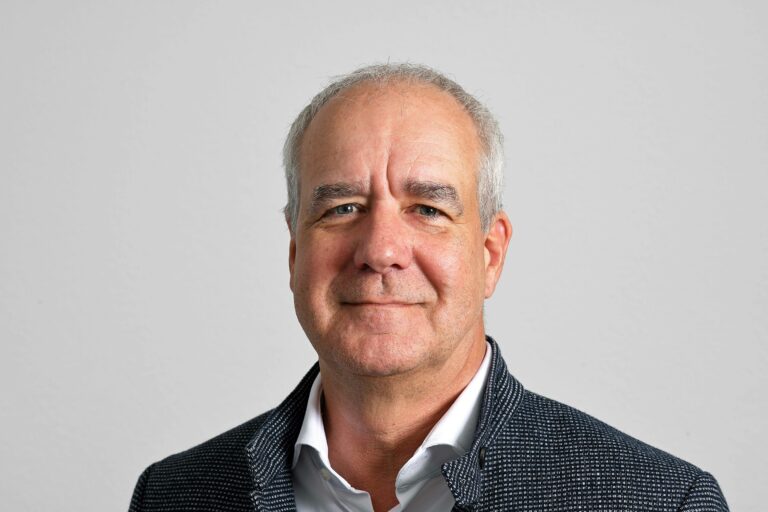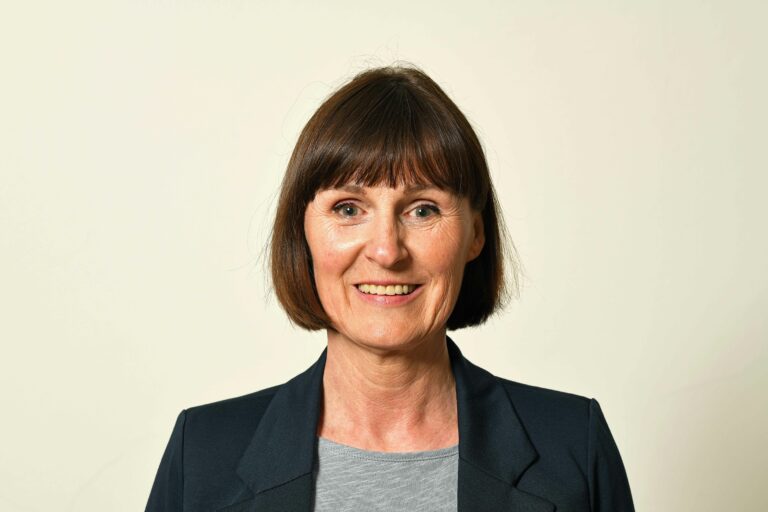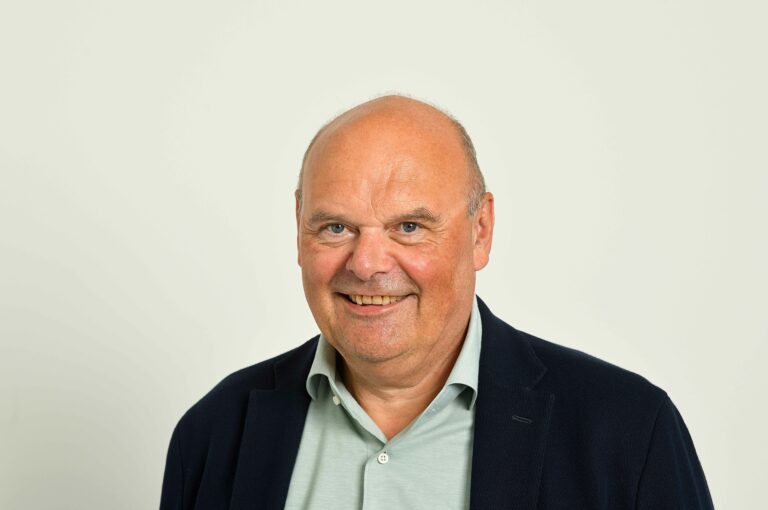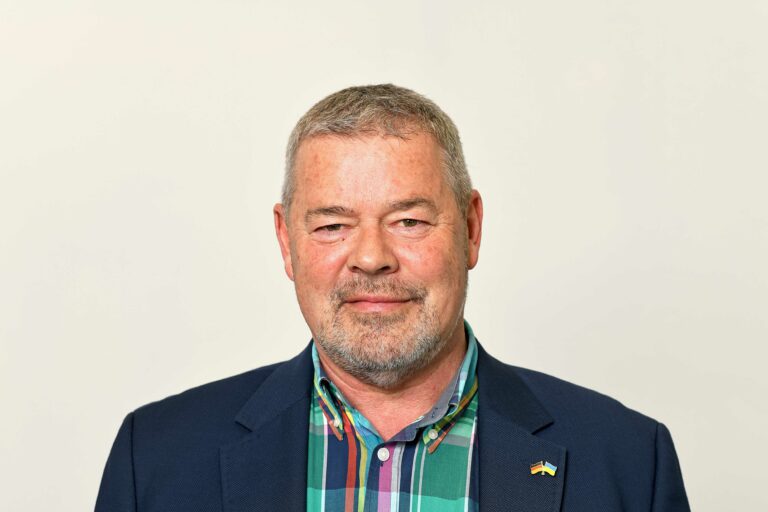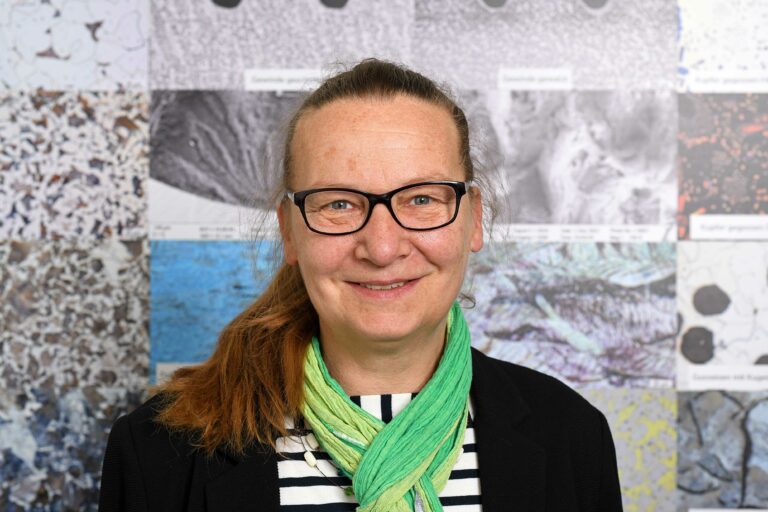For about eight years now, work has been in progress in the former ‘Zukunftszentrum’ (future centre) in Nieklitz to set up a centre of excellence for regenerative living, learning, working and building. The project attracts many people from all over Germany and enriches the region in many ways.
The huge premises south of Zarrentine blend so naturally in the countryside that it’s easy to drive straight past without noticing. The honeycomb-shaped sign above the driveway bears the words ‘Wir bauen Zukunft’ (building the future). The phrase is meant to be taken literally too: the project is about building a future place that makes sustainable technologies and methods come alive. “We see ourselves as a laboratory for an economy for the common good, for sustainable living and working”, says Jannis Deutschmann. He is one of the initiators of the ‘Wir bauen Zukunft’ cooperative which was set up in 2016. As a co-founder of the ‘Open State’ network in Berlin that supports companies in making the transformation to a cooperative, sustainable way of doing business, in 2015 he was one of the initiators of the ‘POC21’ innovation camp which took place parallel to the 21st United Nations Climate Change Conference in Millemont, France. “For five weeks, we brought 300 makers, designers, engineers and innovators together in one place, where they lived as the prototype of a viable community and worked together on research into sustainable open source technologies for a future that protects the climate and natural resources”, explains Jannis Deutschmann. “This attracted a lot of interest in the media and many people were extremely moved, which made it all the more difficult to take it all apart again at the end.”
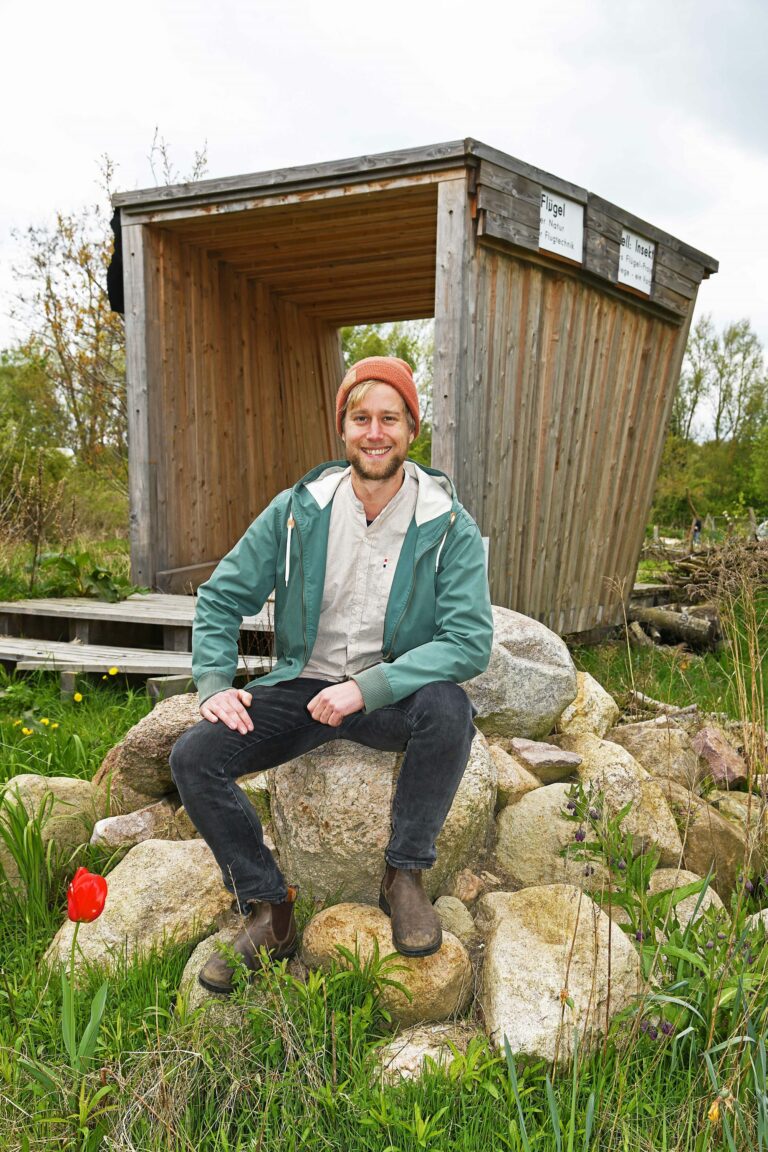
The team then realised they would like a permanent place like that. Developments were then triggered by Germany’s first earthship project, which was implemented at the same time in Tempelhof in South Germany. Made of recycled construction materials, the building is heated only by solar energy and cooled by air circulation, offering the possibility of self-sufficient living in terms of energy. “We already started sharing ideas with the group there during the camp”, says Jannis Deutschmann. “It was also the group that told us about Nieklitz. Together we started to work on concepts and visions, looking at how we could develop the premises.” At that point in time, the land in Nieklitz had been vacant for nearly three years. Between 2000 and 2013, the site had been operated as the ‘Zukunftszentrum ZMTW’ (future centre) by the biology professor Berndt Heydemann, with a focus on bionics and eco-technology. “Everything was overgrown, the buildings had been ransacked, the windows broken, the furnishings looted”, recalls Jannis Deutschmann. “Even so, we immediately saw its potential.” A cooperative was founded and the land was bought, followed by a great deal of clearing out and spadework. Since then, the cooperative has been working bit by bit with the help of many volunteers, organising work projects, innovation camps, seminars and workshops on various subjects in line with the philosophy of the project community.
Besides a large seminar building, there is also a glazed ‘Blumenhaus’ (flower house) shaped like a honeycomb, with a bar that is open during events. The premises also include ten ponds and a botanical garden. 500 species of plant were supposed to grow here, and there are still signs in the ground stating names like Japanese cherry, ornamental currant and holly, however some of the corresponding plants can no longer be found. Nature has rigorously reclaimed the land for itself, ousting plants that possibly don’t belong here.
Instead, other plants find space to grow, repeatedly interspersed with traces of the former Future Centre, such as models of flowers or the wings of insects. The former greenhouse is now the ‘Haus der Düfte’ (house of scents). Between wild rambler roses, Japanese Tatami mats covered with white canopies offer guests somewhere to sleep. The Pura Vida Festival has just come to a close on the premises, with many of the 600 participants staying in tents between trees and shrubs on the extensive grassy areas. Children have their own Kids Space under a large sailcloth, equipped with a play house, lots of sand for digging in and all kinds of wooden furniture. Not far away are the solar-operated outdoor showers. Furthermore, various kinds of accommodation such as yurts or tiny houses are scattered around the land.
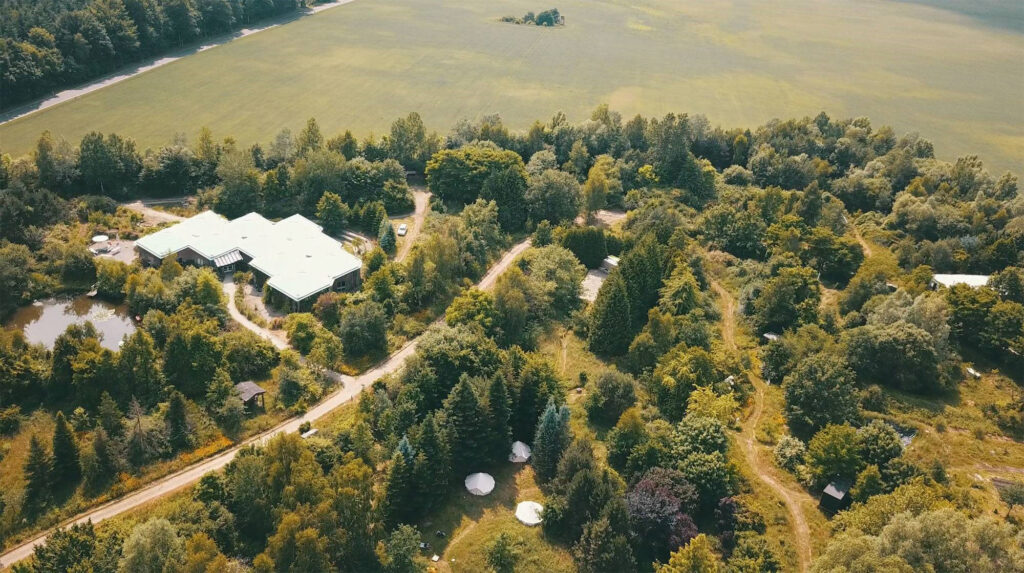
These will soon have a more important role to play with the plans for a tiny house research estate, which is to be called ‘Tiny Ville’. The aim on the one hand is to test and optimise the various systems; on the other hand, people will have a chance to see what it’s like to live in peace and quiet in little houses in the country, and to find out what they actually need to be happy. “We want to show that it is possible to start living more in harmony with natural principles again, learning from nature”, says Jannis Deutschmann. “We’re devising a way of life that is possible within planetary limits, looking at how a society can achieve this working together. This means we are having a corresponding impact here in the region, but our innovative projects also have a far wider effect for the whole world”, says Jannis Deutschmann, who was initially on the board of the cooperative and is now involved with consulting and regional development. It was during the Covid pandemic that he took the step to move from Berlin out into the countryside. “We were trying to decide which would be the best place for our daughter to go to school”, he says. “In the end we decided to come here to this area.” For two years, he lived on site with his wife and child, then they moved to an apartment in a small village 10 minutes away. Around 50 people involved in the project have now moved to the area, as he did. “The site is our hub, it’s like a magnet. This is where it all comes together.”
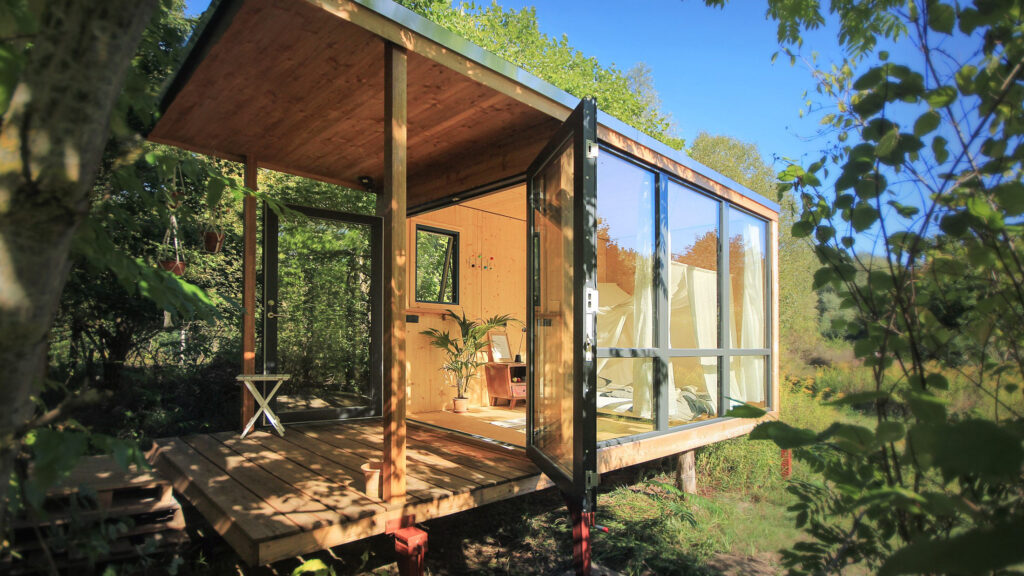
The event side of things is an important business model for the cooperative. Events for between 2 and 700 people can be hosted here, including workshops, conferences, festivals and business events. The premises also include spin-off companies started by members of the cooperative who have settled here. Nieklitz village now has a factory building where tiny houses are built. Aurèle Haupt, one of the co-founders of the cooperative, has started his company ‘Hauptsache Tiny’ (‘tiny is the main thing’) and builds tiny houses to order. He presented his company’s business approach for the common good during the kick-off event of the Netzwerk Landvorteil (‘country advantage network’) at the start of July 2024. The ‘Wir bauen Zukunft’ cooperative also belongs to the network made up of players involved in research, education, business, culture and civil society. Its aim is to research, develop and try out future living and working concepts together with social innovations in rural areas of North Germany. The association behind the network is made up of the business development agencies in the districts of Herzogtum Lauenburg in Schleswig-Holstein and Ludwigslust-Parchim in Mecklenburg-Western Pomerania.
“We’re moving closer together”, says Jannis Deutschmann. “Just a few years ago, we were still seen as an exotic species, but now we are involved in bodies and partnerships helping to develop the region, contributing our expertise.” For example, at conferences on sustainable construction, or at workshops for municipalities and officials involved in approval processes for tiny houses and similar residential buildings. There are also plans for an earthship to be built here too at some point in time. “This lighthouse then brings our project full circle as an example for regenerative future concepts.”
Wir bauen Zukunft eG
Sie sehen gerade einen Platzhalterinhalt von Standard. Um auf den eigentlichen Inhalt zuzugreifen, klicken Sie auf den Button unten. Bitte beachten Sie, dass dabei Daten an Drittanbieter weitergegeben werden.
Mehr Informationen
